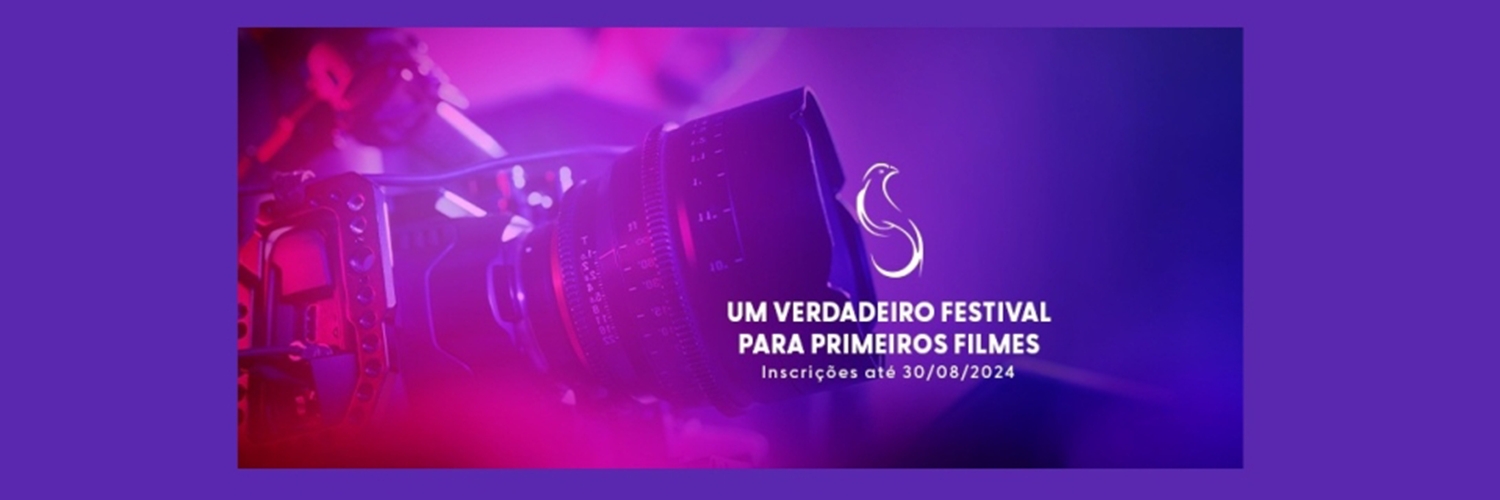

Deadline
26 Feb 2025
Published: 27 Aug 2024
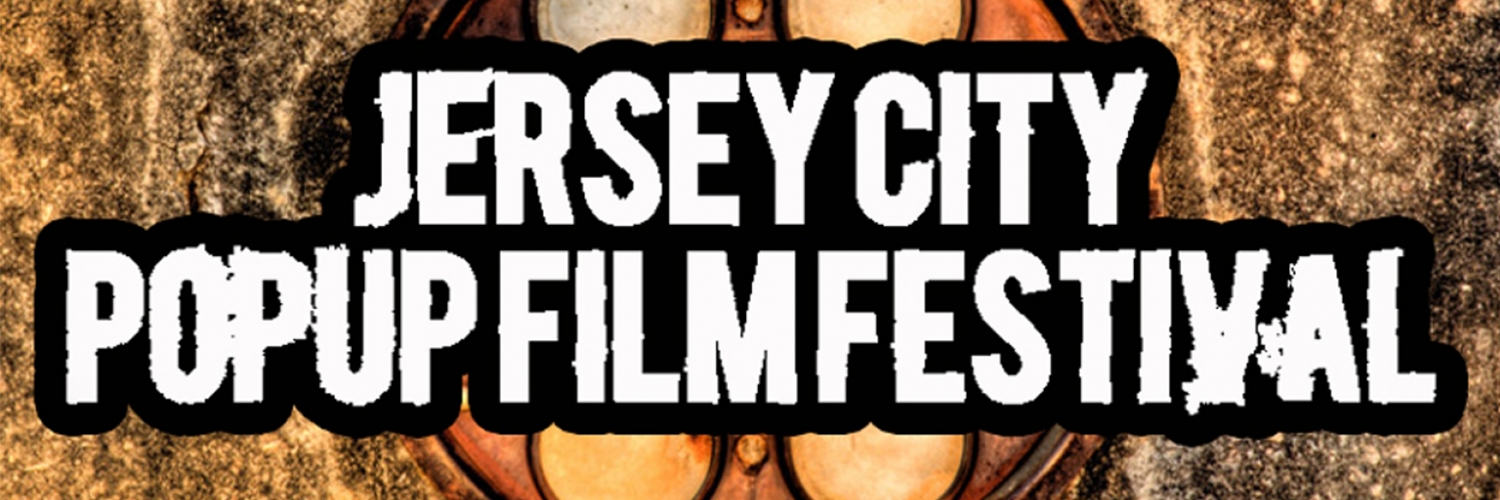
Jersey City Popup Film Festival
Jersey City, United States
Jersey City Popup Film Festival (JCPFF) is designed to be a fun relaxed film festival, offering quality independent films and networking opportunities.
We strive to create opportunities for networking with fellow filmmakers and actors before and after the screenings.
Each festival will have an after party and awards.
The films, selected by a committee, include features, shorts, music videos, webisodes, and documentaries.
International Festival
Short film festival
Feature film festival
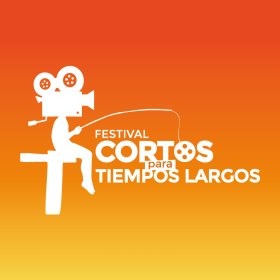
Deadline
20 Sep 2024
Published: 25 Aug 2024
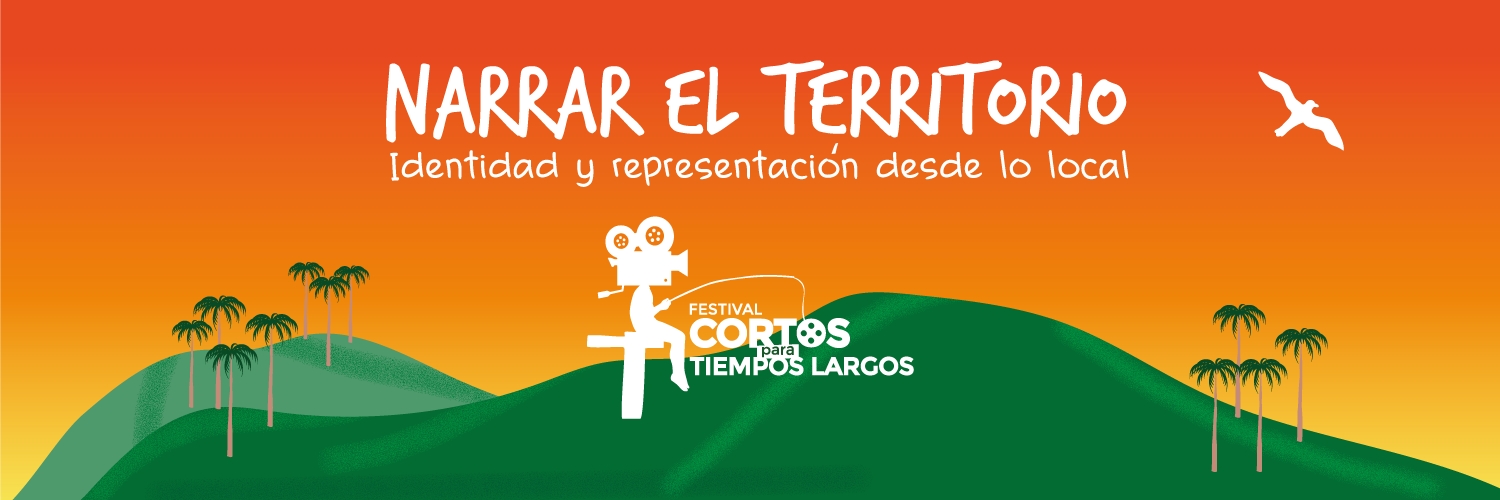
Short Film Festival For Long Times
Pereira, Colombia
The "Festival Cortos para Tiempos largos" is a proposal for the training, creation and circulation of audiovisual content carried out by young Colombians since 2020 with a clear purpose, to connect people and stories. The festival is not looking for winners, it is conceived as a space for the dissemination and visibility of audiovisual products, carried out for academic and non-profit purposes, where all those who wish to be part of a great story can participate.
International Festival
Short film festival

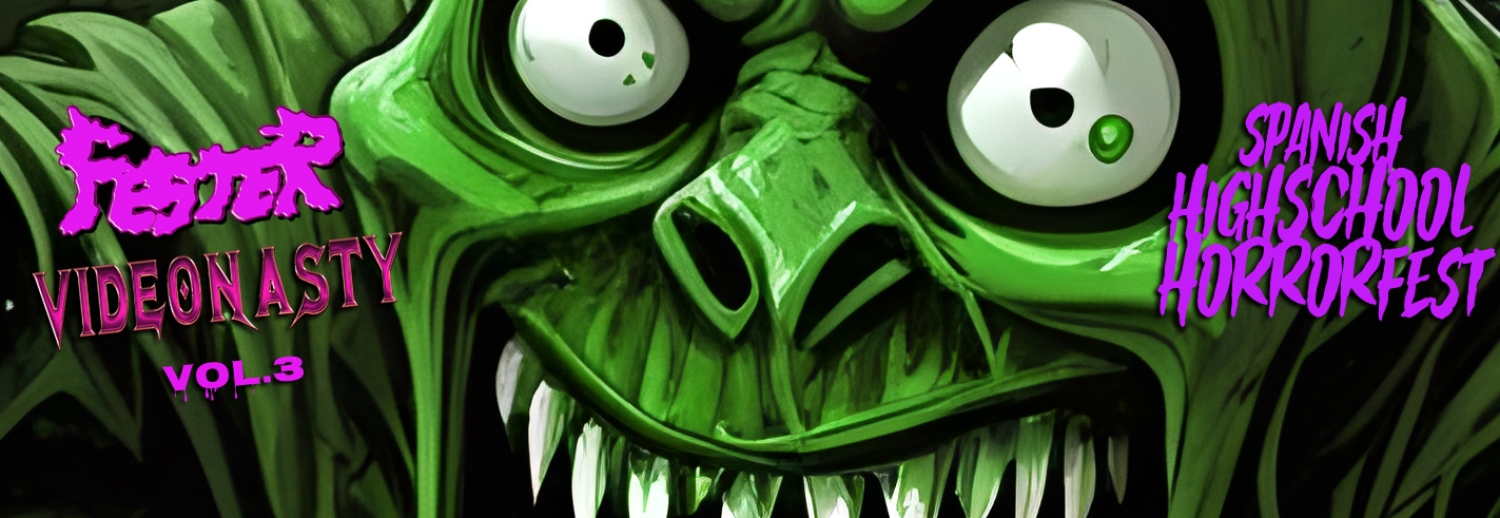
Fester Videonasty Vol. III
Alicante, Spain
3ª edition of horror and gore short film festival organized by Fester Entertainment.
A festival for lovers of horror and good rock, madness, dandruff and hooligan cinema.
International Festival
Short film festival
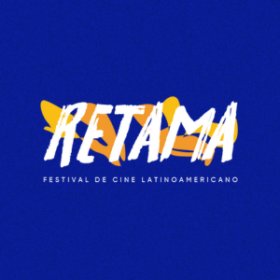
Deadline
22 Sep 2024
Published: 24 Aug 2024
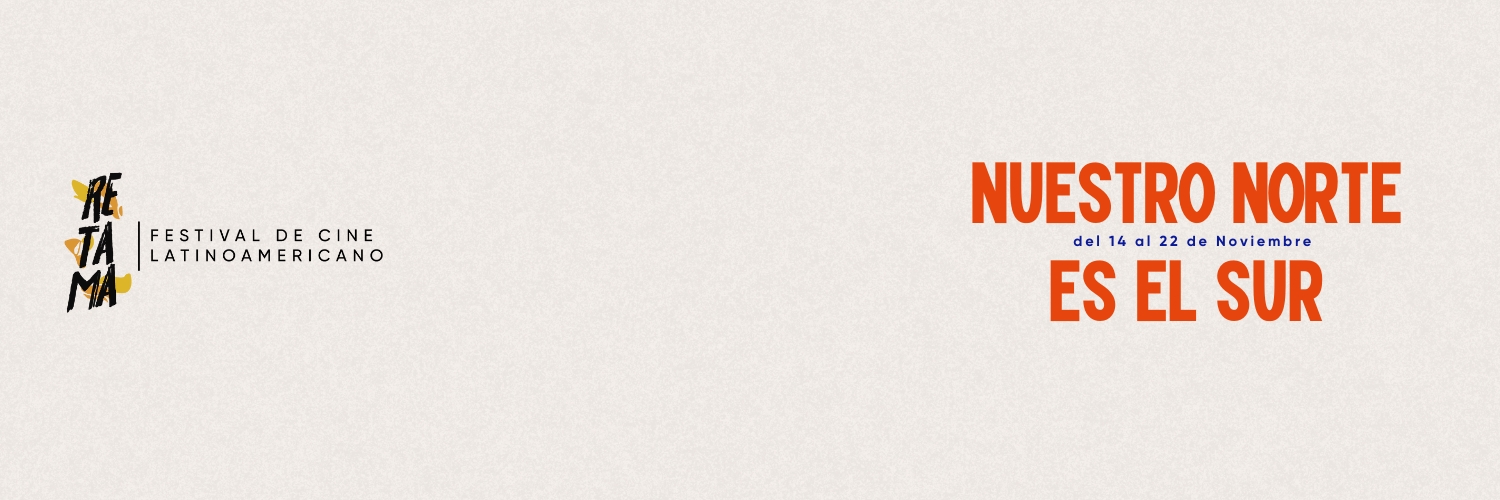
Retama, Latin American Film Festival
Ayacucho, Peru
Retama, Latin American Film Festival, was born in search of an intermediate and nodal space that reflects on the forms of representation of territories, social and ethnic groups from the cinematographic perspective, as well as as a place of vanguard of the most daring contemporary Latin American cinema. daring and innovative.
Being an exhibition showcase, as well as a training point from observation for local filmmakers in search of their own perspective.
International Festival
Short film festival
Feature film festival
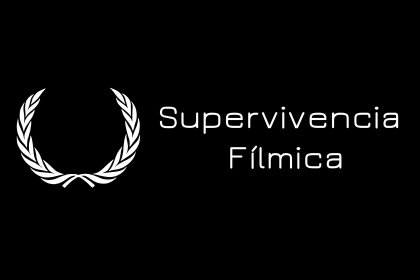
Deadline
28 Aug 2024
Published: 24 Aug 2024
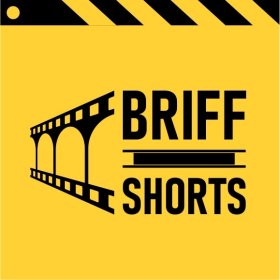
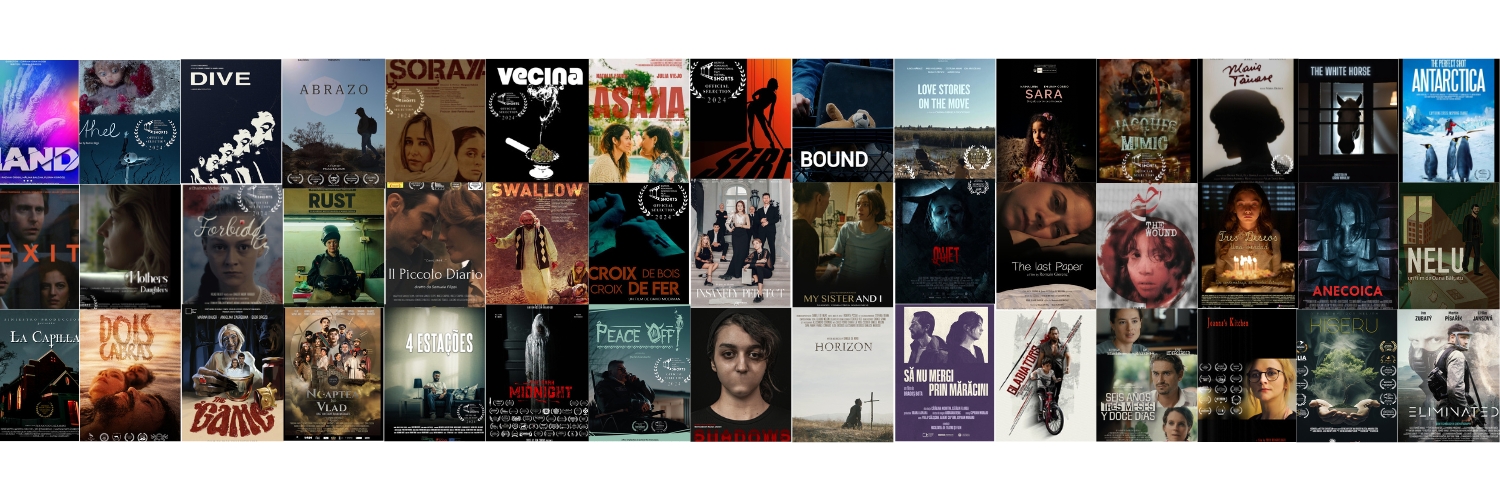
Bistrita Romania International Film Festival
Bistrita, Romania
LIVE SCREENINGS August 14-16 ,2026
"Actors must act, writers must write, film makers must make films...,directors, producers and audiences will come...That's Entertainment."
Bistrița Romania International Film Festival continues to provide a vibrant platform for filmmakers from around the world to showcase their work. Our goal is to unite a diverse audience and offer a stage for films that captivate through unique storytelling, all within a brief yet impactful format.
Bistrița România International Film Festival is now open for submissions for its 4th edition .
In 2026 BRIFF continues its partnership with ArtCast Teleki, a festival of music, exhibitions, workshops, and poetry, taking place at the historic Teleki Castle.
Across the past three editions,beyond the main festival, we have also hosted retrospective screenings of the best films from previous years in locations such as Gallery Garden, Soho Music Hall, the Courtyard of the Bistrița Museum, and Ivory Restaurant & Lounge.
For 2026, our goal is simple: to present as many submitted films as possible to diverse audiences, both during the festival itself and through special screenings organized throughout the year.
All the Winners will receive the Official Laurels and the winning-category achievement certificate after the Live Event.
ALL TECHNICAL AND PERFORMANCE CATEGORIES FOR FREE BY SUBMITTING YOUR FILM IN ANY COMPETITION.
International Festival
Short film festival


Shorts Costa Rica International Film Festival
Mercedes de Montes de Oca, Costa Rica
The Shorts Costa Rica International Film Festival is an initiative dedicated to promote and celebrate the richness of the short film, its diversity in themes, styles and voices, and the great national and international talent responsible for its creation.
This festival seeks to strengthen cinematographic diversity through the exhibition, training and dissemination of Costa Rican talent, and participation of international viewings in the country, giving the public the best of short filmmaking.
Our proposal is to provide small and large producers of short films the possibility of obtaining an impact within the cinematographic field, activating presence in cinemas and alternative spaces in the seven provinces of the country as well as in other cities around the world.
We recognize the importance of making short films visible as a means of cultural expression and we hope that you will be part of this great beginning and that we will continue to develop audiovisual diversity nationally and internationally through these efforts.
From March 19 to 29, the third edition of the film festival will be held in San José, with the support of various sectors of the artistic community to raise the efforts present in our present time.
Shorts Costa Rica will be held in four stages: CR Shorts Lab, Shorts Costa Rica Festival, Shorts Communities and SHORTS+, seeking to strengthen cinematographic expressions through the exhibition, training and dissemination of Costa Rican talent, and participation of international viewings in the country, giving the public the best of short films.
The festival exhibits a wide variety of short films from around the world to showcase national and international creativity. Its main objective is to share this artistic diversity with the local audience, highlighting how it influences our ever-changing identity. In addition, it seeks to support all film professionals, offering an inclusive space to promote and develop different regions on a cinematographic level.
SHORT FILM COMPETITIONS
The Shorts Costa Rica International Film Festival offers the opportunity to participate in the different eligible competitions, which, through these, seeks to encourage and promote efforts to export, consume and disseminate the talent and creativity of filmmakers from around the world and expose the cultural, artistic and / or social identities of each region.
Eligible categories: Fiction, Animation, Documentary, Videoclip and Experimental.
NATIONAL COMPETITION
The National Competition encourages the efforts of all audiovisual sectors, regardless of their artistic background and training. The festival is committed to bring this diversity of projects in front of the national audience, expanding these records through the recognition of those artistic foundations that lead to the evolution of our national identity.
Eligible for the National Competition are those short films where the origin of the director or the production are from Costa Rica.
**There is no entry fee for this competition.
CENTRAL AMERICAN COMPETITION
The Central American Short Film Competition aims to promote the efforts of all audiovisual sectors, regardless of their formation and artistic training in this region.
The festival is committed to bring this diversity of projects in front of the public, recognizing those artistic foundations that lead to the evolution of our Central American identity.
Eligible for the Central American Competition are those short films where the origin of the director or the production is from a Central American country.
**To register a short film in the Central American Competition has a cost between $0 and $15 (depending on the stage in which the short film is submitted).
INTERNATIONAL COMPETITION
Short films from all parts of the world (except Costa Rica) are eligible to participate.
Those short films where the origin of the director or the production is not from Costa Rica or any other Central American country are eligible for the International Competition.
**To register a short film in the International Competition has a cost between $0 and $25 (depending on the stage in which the short film is submitted).
Translated with DeepL.com (free version)
International Festival
Short film festival
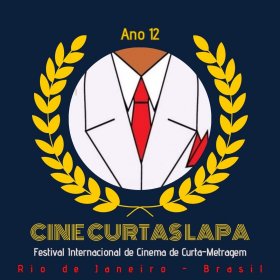
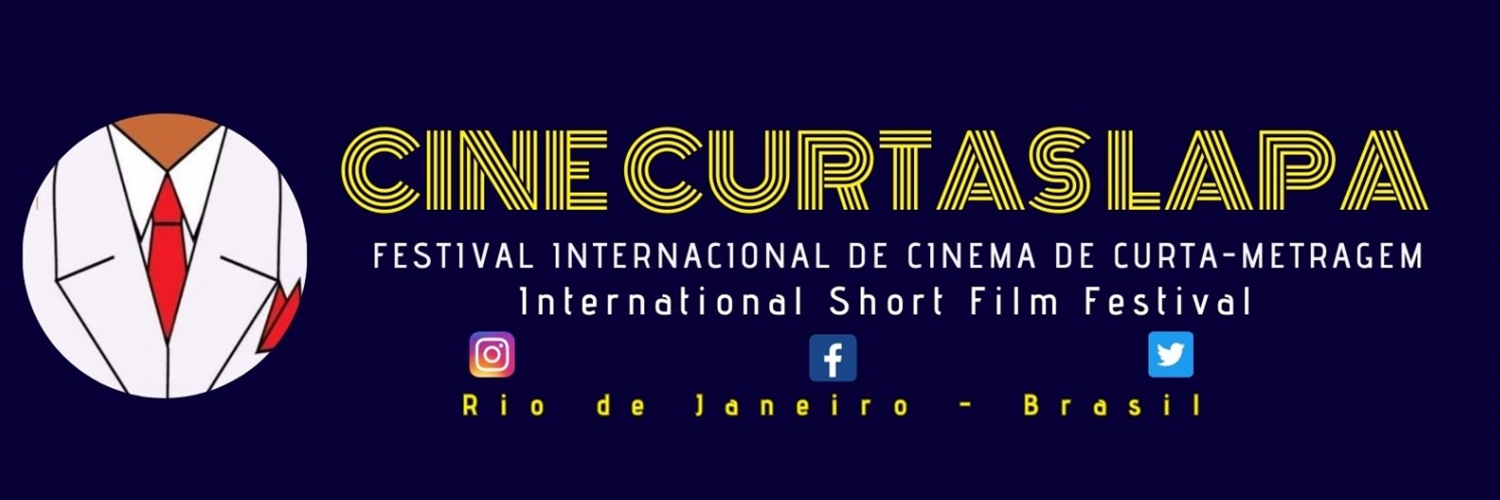
Curtas Lapa Film Festival
Copacabana, Brazil
Cine Curtas Lapa is an independent, non-profit festival with free entry. The Festival aims to show films that were made or have as their theme the city of Rio de Janeiro in order to promote the Brazilian audiovisual industry, especially short films from Rio in the city's most traditional nightlife neighborhood. The idea is to bring a program of fiction, animation and documentary shorts to the public of Lapa, enriching the cultural life of the bohemian neighborhood.
This year, 2024, the Festival turns 13 years old. For more information visit our website. (https://cinecurtaslapa.wixsite.com/my-site)
There will be popular and professional jury voting for short films. The winner of each category will receive a certificate and the festival trophy.
International Festival
Short film festival

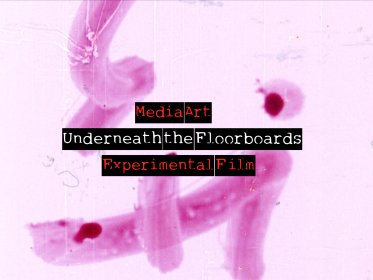

Underneath the Floorboards
London, United Kingdom
Underneath the Floorboards is based in London's buzzing artistic area of Hackney.
For our 15th Edition we will be continue our online event, which will be screened for a four weeks by our online platform: https://www.visualcontainer.tv/ which screens worldwide to maximises our international exposure. We got over ten thousand views last time around, and this time we're aiming for more.
Our showcase is open to artists and filmmakers from all around the world whose work has an experimental, non-linear narrative form. We want to see variety, whether it be experimental film, video art, visual art, digital art, experimental documentary or animation. We focus especially on avant-garde storytelling.
No bias, no prejudice, we don't care if you didn't study in the most prestigious art schools. We want to see unique work of an artistic nature, which creates its own language.
International Festival
Short film festival
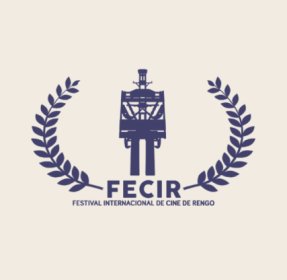
Deadline
06 Oct 2024
Published: 22 Aug 2024
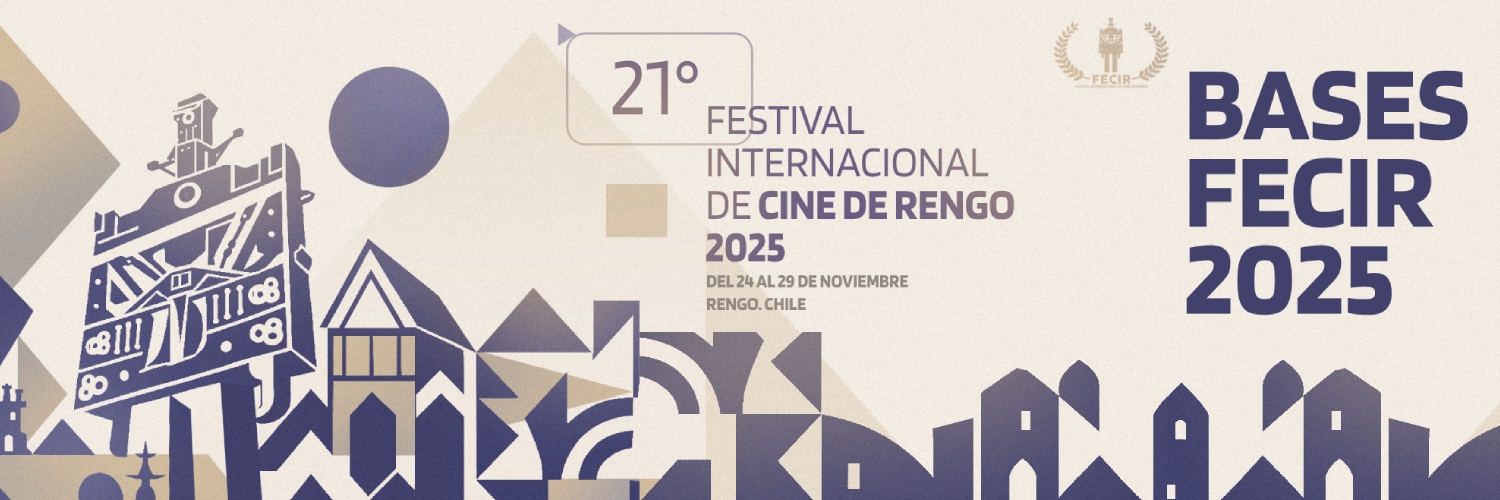
21° Rengo International Film Festival 2025
Rengo, Chile
FECIR - Rengo International Film Festival has twenty years of history, offering filmmakers from Chile, Latin America, and around the world a space for the dissemination, exhibition, and exchange of experiences and ideas. It promotes the creation of high artistic quality in cinema and audiovisual arts in all its forms, providing the commune of Rengo, the Sixth Region, and the country with a space for the appreciation, reflection, creation, training, and enjoyment of the art of cinema.
International Festival
Short film festival
Feature film festival


International Choreographic Festival of Blois
Blois, France
The 7th edition of the International Choreographic Festival of Blois will take place in Blois, France, in July 2026.
The Festival aims to bring the art of dance to the Loire Valley Region in France and to democratize this art form by offering performances, dance short-film screenings, master classes, performance workshops and community outreach events.
For the 2026, there will be 3 film screenings of about an hour each in a movie theatre right in the center of the city of Blois. We are specifically looking for short-films up to 25 minutes, as well as one 1-hour film or documentary.
It is a unique festival that aims to feature choreography for the camera, dance documentaries and any short-films that emphasizes movement.
We encourage every dance and/or movement related short-film to apply.
International Festival
Short film festival

Deadline
31 Oct 2024
Published: 22 Aug 2024

EduDoc 2024
New Delhi, India
The International Short Film Competition and Award Ceremony on Education Policy aims to highlight the critical role of educational policies in shaping societies worldwide. This initiative seeks to harness the power of filmmaking to provoke thought, inspire change, and foster dialogue on innovative approaches to educational policy reform, challenges, and successes across different cultures and contexts.
Theme for competition
Education: Challenges and Innovations in Education
Your submission can either highlight the regulatory challenges in the Education sector or draw attention to any innovative educational practices transforming lives. You can also submit a story that captures both the regulatory challenges and innovations.
Why Apply for EduDoc 2024?
1. EduDoc 2024 invites participants from around the globe, including professionals, institutions, students, and enthusiasts.
2. No registration fee.
3. Participants can submit multiple entries.
4. Entries can be submitted in any language.
5. Cash prizes will be awarded to the top winners.
International Festival
Short film festival
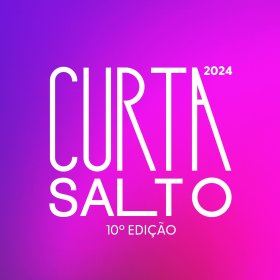
Deadline
30 Aug 2024
Published: 22 Aug 2024
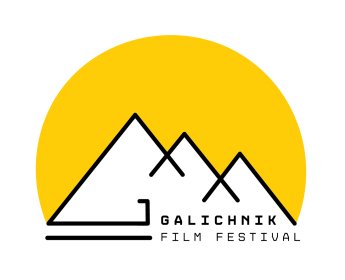
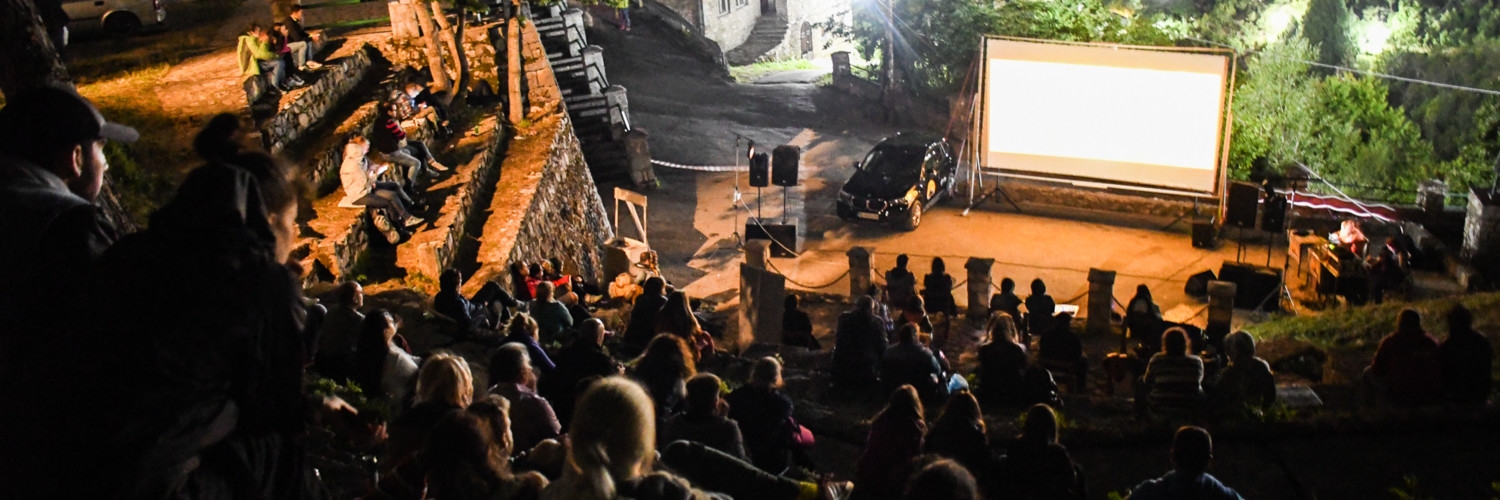
Galichnik FIlm Festival
Skopje, North Macedonia
Galichnik Film Festival is small festival looking to leave big footprint in the sky full of festivals by providing platform for new filmmakers from the region and beyond. Galichnik is a village known for its well-preserved traditional architecture, including an amphitheater in the village square, where the festival audience will have the chance to see number of films in three competition programs: short fiction, short documentary and short animation.
The festival aspires to become a meeting point for film professionals from around the world to develop new ideas, collaborations and friendships. We are excited for the audience to be part of a unique cinema experience in an open air cinema at an altitude of 1500m.
International Festival
Short film festival


PuntoDiVista Film Festival
Cagliari, Italy
The PuntodiVistaFilmFestival 2025 is an International Prize Competition for unpublished (or published, but in any case free from transfer of copyright) shorts produced from 2023 onwards, in any language ( provided that, for those not in Italian, there are subtitles in Italian, unless they are music videos).
The Festival has two sections:
Short films with a maximum duration of 20'
Social Cortospot with a maximum duration of 3'.
Italian subtitles are mandatory.
International Festival
Short film festival

Deadline
30 Aug 2024
Published: 21 Aug 2024

La Serena International Film Festival
La Serena, Chile
The eleventh La Serena International Film Festival (FECILS) is a competitive audiovisual event that will take place from October 22 to 25, 2025, in the Coquimbo region. It seeks to support the production and dissemination of regional, national, and Latin American audiovisual activities, thus contributing to decentralization by promoting the exchange and training of regional filmmakers and producers. Through these actions, FECILS seeks to establish itself as a cultural event that, in addition to generating film exhibition spaces in the Coquimbo region, focuses on generating new audiences. FECILS 2025 features an audiovisual outreach program that will reach various venues in the region's communes.
International Festival
Short film festival
Feature film festival


the illusive eye
San Cristóbal, Venezuela
With the name Illusive Eye the optical process by which animation occurs in our brain by generating movement from the illusion produced by the rapid exposure to images in sequence is evoked. Animation offers the construction of credible universes, capable of freeing us from the limits of immediate reality.
With the coming of current communication technologies, animation has gained even more ground than it had in Film, Didactics and Videogames. Now, with the internet and the power of cell phones, mobile applications and the interconnection of devices and institutions with the network, animation has become an essential part of the language of interaction between the user and the world.
This audiovisual language has extended its discursive horizons as far as the human imagination reaches, and technically its evolution has allowed it to overcome reality by opening a fantastic vortex that provides immersive experiences and high doses of empathy as well as tons of fans of all ages and throughout the world, developing any theme with great aesthetic contributions and various levels of depth.
In honor of this abyss of creativity and as an invitation to immerse ourselves in it, this meeting space has been created for creators, scholars and amateurs. Looking to show not only its strength in the current film narrative but the presence of other types of speeches built on this means of visual expression: GIFs, memes, stickers, emoticons, headers, symbols for social networks, interface elements, banners, promotions , and any type of element generated from the illusion of an eye.
International Festival
Short film festival
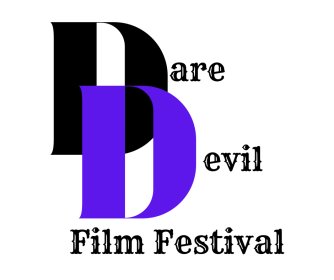
Deadline
31 Aug 2025
Published: 20 Aug 2024
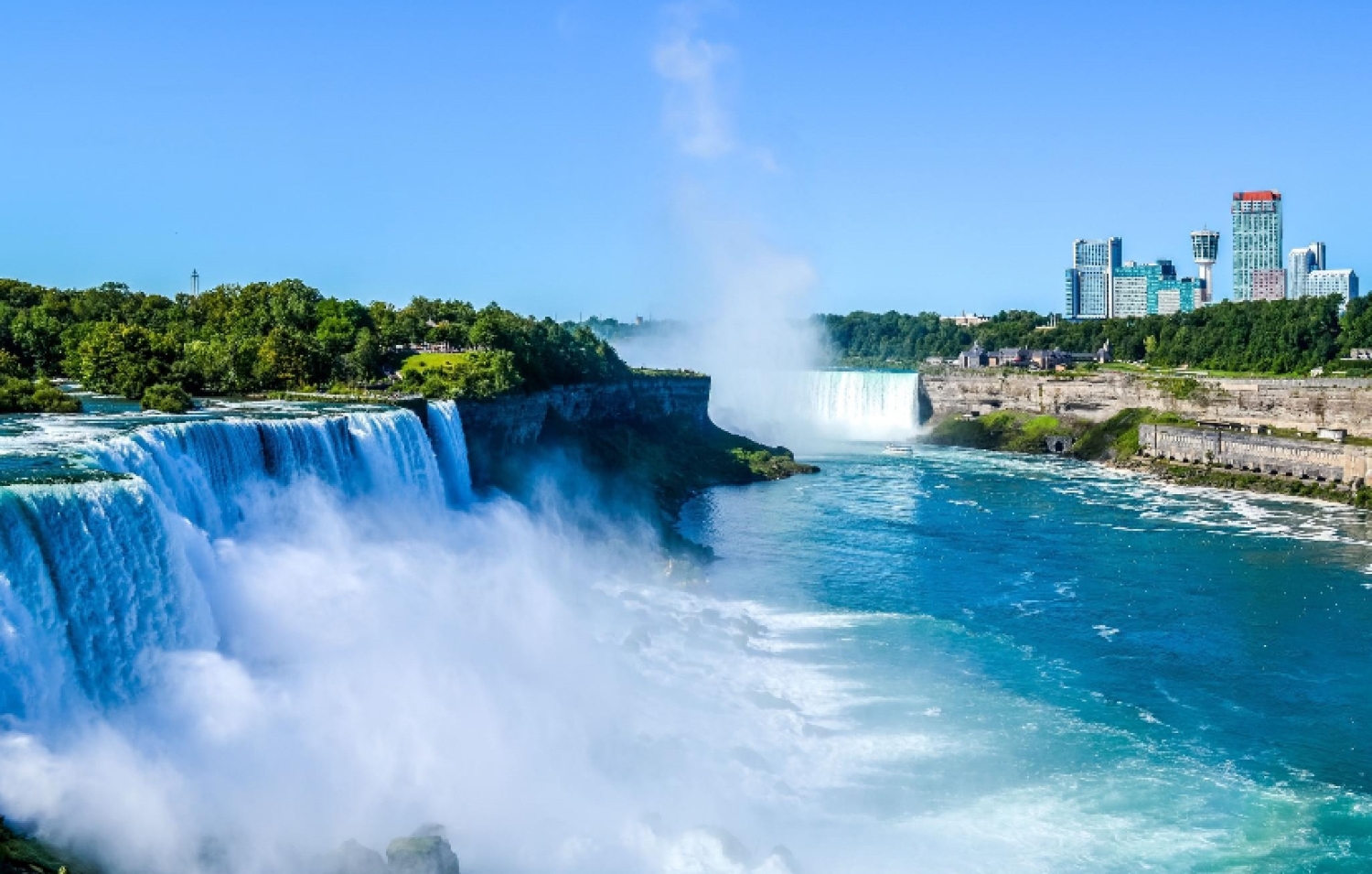
Daredevil Film Festival
Niagara Falls, United States
Dare (destroy your) Devil film festival is about creating a platform for films that make a difference. We want films that challenge the status quo and leave the viewers wanting to make the world a better place. We will be viewing the selected films in Niagara Falls, New York and will be inviting people that have come from all over to view the beauty of the falls to come and watch films that will challenge them. Selected films will be screened in the Grand theatre of the Niagara Arts and Cultural Center.
International Festival
Short film festival
Feature film festival

Deadline
06 Sep 2024
Published: 20 Aug 2024
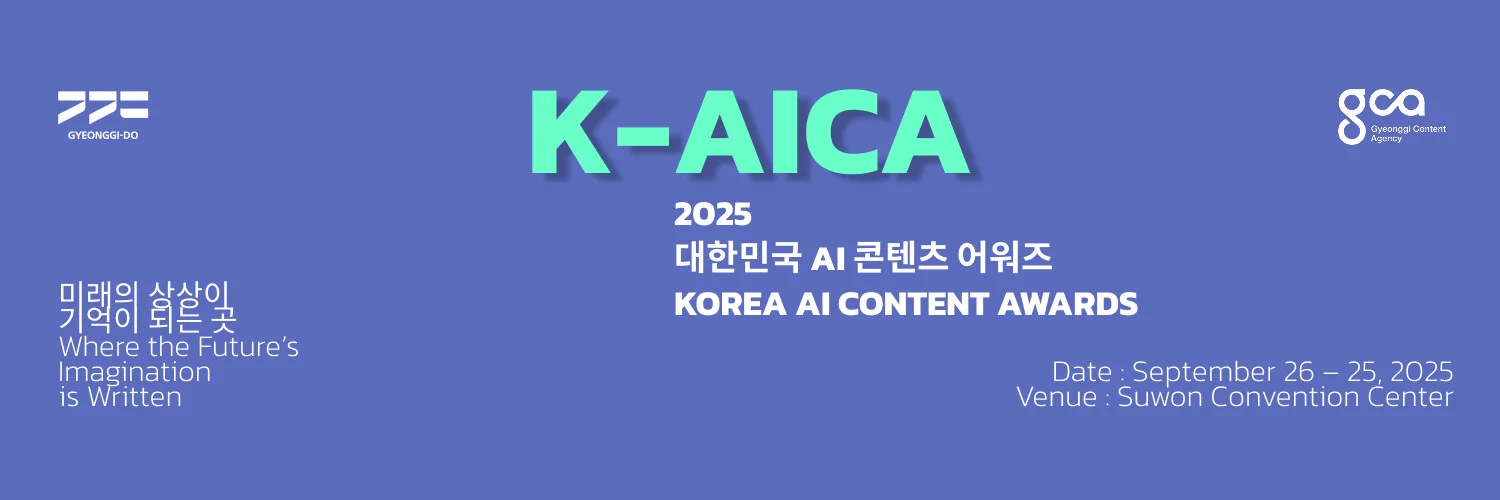
대한민국AI국제영화제
Ilsanseo-gu, South Korea
Gyeonggi Province and the Gyeonggi Content Agency are pleased to announce the renaming of the Korea AI International Film Festival to the Korea AI Content Awards,
and are now accepting submissions for the Film Section. We welcome creative works that meaningfully utilize generative AI technology.
★★All participants must check the submission guidelines★★
Eligibility
Creators aged 18 or older (individuals or teams)
Must hold all legal rights to the work
Must use generative AI in a meaningful and creative way
Key Dates
Pre-announcement: May 22 – June 30, 2025
Submission Period: July 1 – August 17, 2025 (by 23:59 KST)
Notification: September 2025 (only selected entrants will be contacted)
Final Screening & Award Ceremony : September 26 – 25, 2025
Submission Details
How to Submit: Online via Festhome or Google Forms
Eligible Production Period: July 1, 2025 – August 17, 2025
Running Time: Under 30 minutes
Format: 4K or Full HD
Subtitles: English subtitles required regardless of language.
AI Usage Verification
All winners may be asked to provide proof of AI usage, including:
Prompts, production videos, screenshots, software logs, etc.


